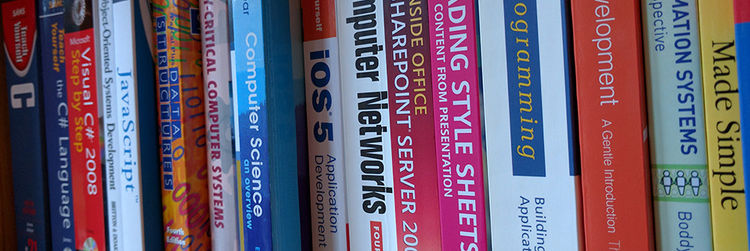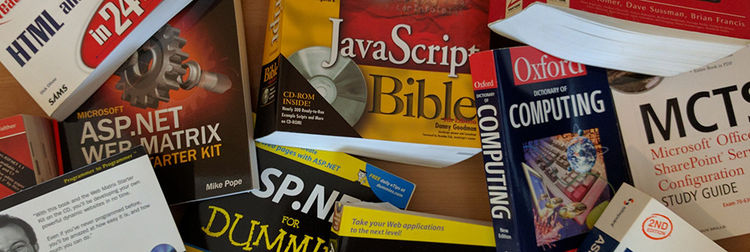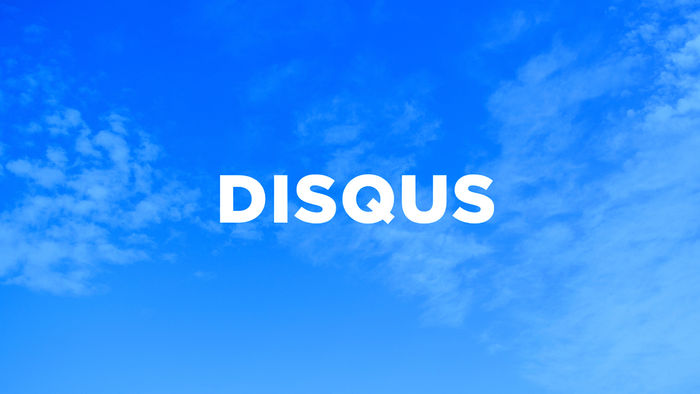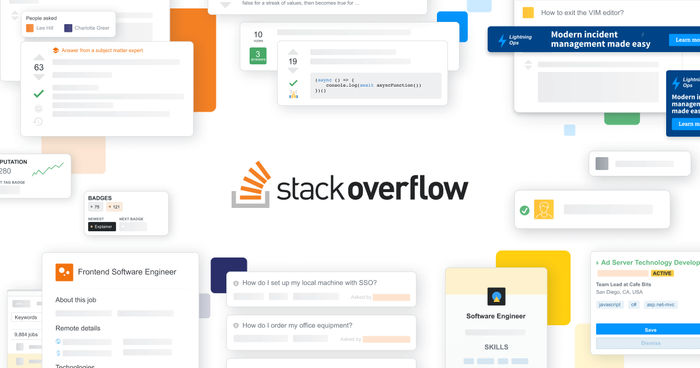Best Way Of Learning To Code - Books or Online Resources?
My bookshelf was really in the need of a good clear out. Out of all the books I own, I noticed that I seem to have more technical/programming books compared any other form of book. I guess this makes me your typical nerd with the high interest of anything programming related. Then again, my blog posts may already show that.
As I peruse through my vast collection, I can't help but get in the mood to reminisce back at a time where I was still trying to find my feet in the coding world. I am reminded of the confusing and somewhat challenging journey as a student at Oxford Brookes University, where I was trying to get a grip on the fundamentals of programming by sinking my teeth into books about Pascal, Delphi and C++.
It was only when carrying out my year long dissertation that I had a profound interest in Web Development as well as Microsoft development frameworks in general. This is probably the point in my life where my programming book purchases soared drastically. As you can see from my collection of my books in this post, two things are noticed:
- How out dated the subject matter is. Yes, there is a Classic ASP book in there.
- The thickness of each book. I think JavaScript Bible is probably the thickest!
The last programming book I purchased was around three years ago - C# In Depth by Jon Skeet. This was the first book purchase I made in a very long time after studying because I needed to up my game as well as to demonstrate my C# prowess. I generally use developer blogs and forums to expand my knowledge to all my never ending questions.
So this leads me to the question that I will just throw out there. What is a better method to learning? Books or online resources?
I think our way of learning has changed over the past few years and I don't think our old friend "the book" is as prominent as it once was as a learning aid, especially when there are far more accessible and interactive ways of learning.
Pluralsight + Microsoft Virtual Academy + StackOverflow = My Learning Heaven
Lets take training via Pluralsight as a fine example. Since registering, I find myself having the ability to learn on demand at my own choosing. I am not restricted to lugging a thick programming book around as (believe or not!) I once did. The flexibility of multiple learning paths guides me to all the courses I need to be proficient in a subject all from the comfort of a laptop, phone or tablet. In addition, unlike book purchases that will inevitably go out of date, you will access to all latest content at no extra cost. Big bonus!
Pluralsight alongside Microsoft Virtual Academy (if you're a .NET Developer) is the most powerful learning resource a developer could have. As much as my argument is swaying more towards the paperless approach, there is nothing like having the satisfaction of flicking through pages of a book. I don't think I could completely empty my book shelf of all programming books. I have just too many timeless classics that I could never give away and will always go back to reach for, one of them being Code Complete.
I came across an insightful article by Caroline Myrberg called: Screen vs. paper: what is the difference for reading and learning?, where she writes an interesting piece on what recent research had to say about addressing the issues of the learning processes involved in reading on screen compared to on paper. Surprisingly, there isn't much of a substantial difference in the how we are able to absorb information regardless of medium. It's all about how information is presented to us. The article highlights a study where participants completed a knowledge test of 24 questions after one group were given learning material in paper format and another on an interactive web page. The outcome:
...the web page group scored better on 18 of those questions, and significantly better (90% or higher) on six. So enhancing the electronic text instead of just turning it into a copy of the printed version seems to have helped the students to score higher on the test.
I think this is why online learning like Pluralsight works so well! At the same time, there will always be a need for books. No matter how far technology continues to immerse ourselves on a daily basis. We as human-beings relate towards things that are tangible - physical objects we hold and touch. It's our default behavior and the way we're wired. But you can't help and embrace the massive leaps in technology, making access to learning resources more convenient then it ever has been.






